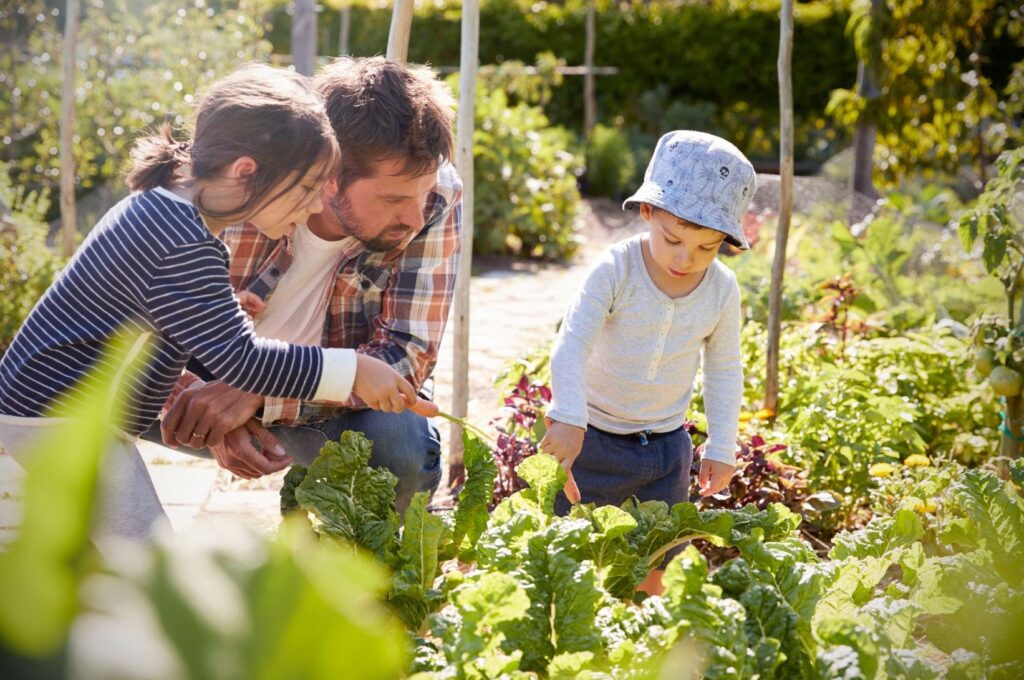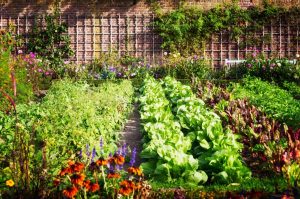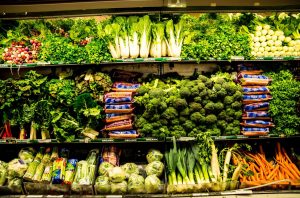Last month, we gave a big shout out to our farmers here in Alberta who work tirelessly to feed Alberta, Canada and the world in an ecologically-responsible and sustainable manner. We sincerely appreciate what they do for us.
Alberta farmers know that producing a quality product is the best way to support their business, the environment, consumers and communities in an all-round winning circle of relationships. In this article, we take a look at the consumer’s role as a component of that holistic system. Specifically, why it matters to know where your food comes from.
To Take Control of Your Health
When you know where your food comes from and what is in it, it is easier to choose the right foods for your health. Quality food is fundamental for good health. While pharmaceuticals may be necessary at times for some, vibrant health is primarily rooted in healthy everyday routines, including wholesome food, sound sleep, lots of movement, plenty of fresh air, sun, laughter and loving connections with others. Simple really. And empowering. Based on our individual needs, each of us can take responsibility for our own health with what is readily available close to home.
Fresh is best when it comes to many foods — and the freshest foods are those that are grown locally. The flavour and nutritional value of vegetables and fruits starts deteriorating the moment they are harvested. Even with our efficient global supply chains, a peach from California and a peach from your own backyard, picked fully ripe and eaten immediately, just aren’t the same. Eating food that is grown locally cuts down the travel and storage time, thereby preserving its health-giving properties. It is also better for the environment, since less travel means a smaller carbon foot-print.
When you know where your food comes from, you will also have some idea of how it is grown, and how it is grown has a big impact on its nutritional value. Food that is grown in a rich soil, with minimal or no pesticides will be more complete and wholesome nutritionally since the plant draws the nutrients for its own growth from the soil. Only a healthy plant is able to confer health when it is eaten by us.
Knowing how farm animals are fed and treated also has an impact on the nutrition of dairy and meat products. Pastured milk products, eggs and meat have a different and, some argue, more beneficial and balanced fat and nutritional composition than when animals are fed solely on grain. There are also ethical considerations; some even believe that the distress of poorly-treated animals is transferred into their flesh when they are slaughtered. If you know where your dairy and meat comes from, you might have a better idea of whether these animals were treated with respect or not.
The consequences of food choices don’t end with your own health however, but can also affect how you connect with your environment and community as well.

To Make the Farm-to-Table Connection
Many people living in cities have no idea where their food comes from. They don’t know what farming entails, the immense amount of knowledge required or the huge challenges farmers face. Knowing where your food comes from helps to cultivate an appreciation and respect for food and all the effort that goes into growing it and making secondary products from it.
Food connects us to the cycles of seasons and nature — of life itself, and seen in this context, food allows us to slow down, relax, and enjoy our place within the great diversity of nature, instead of always trying to establish our dominance. With this type of understanding, people are more likely to pay attention to the health of the environment and do what it takes to take care of it.
How can you nurture this type of wholesome connection with food and life?
- Eat foods in season as much as possible
- Get to know your farmers
- Shop at farmers markets, or buy locally grown food
- Grow your own food, even if it is just some herbs on a window sill
- Educate your children on where food comes from
To Bring it Back Around to the Community
Knowing where your food comes from and buying food that is produced locally directly impacts your community since it cuts out the many layers of middle men involved in the complex global food system and directly supports your local community’s economic health.
Buying local food can also reinforce and celebrate the cultural traditions of your community, bringing people together. Smaller farms and businesses are more likely to honour local traditions and a diversity of culturally and geographically unique foodstuff — a sure antidote to the bland homogenization that is a natural side effect of global business.
Let’s Pasta is LOCAL! All our ingredients for making pasta are sourced from local Alberta farmers and all the fillings in Let’s Pasta products are 98% sourced from Canadian farmers. We take seriously our commitment to being part of a sustainable food system that is healthy for our consumers, our farmers and for the environment as well.





